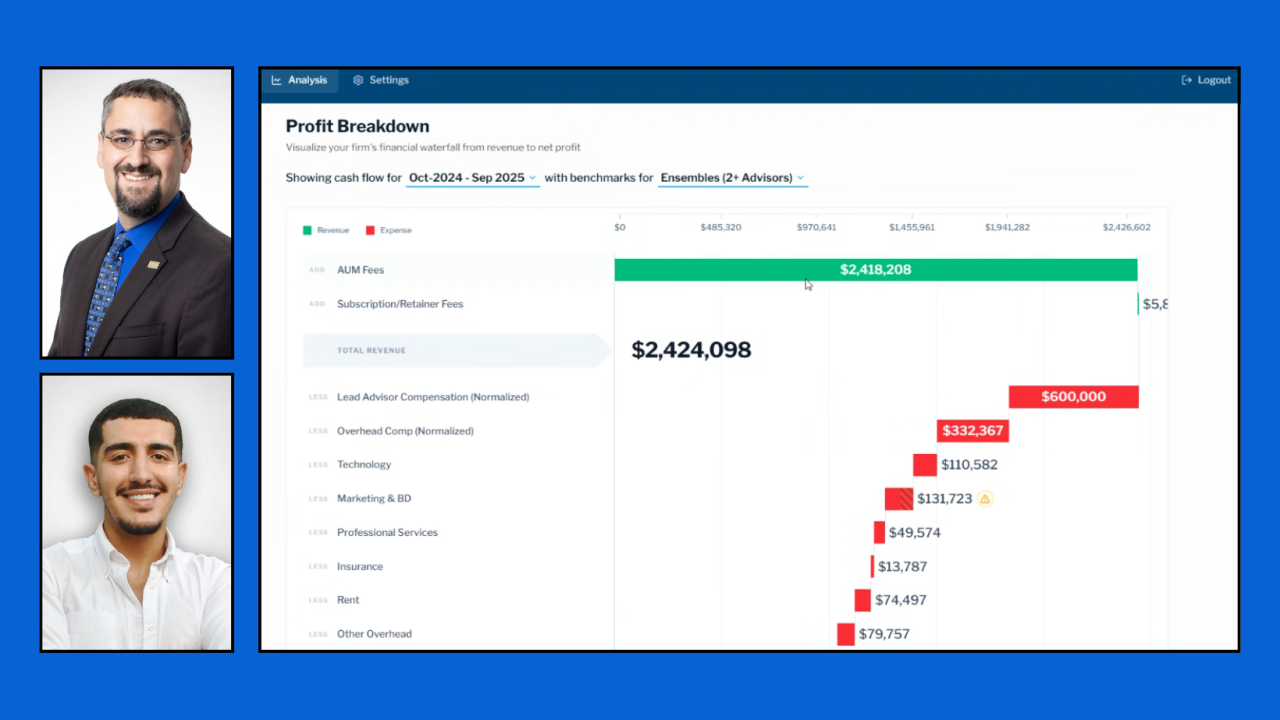This year’s annual Morningstar Investment Conference in Chicago tackled big themes and new ideas on its first day: the individualization of investing, inflation, shifts in sustainable investing and the risk of recession due to Russia’s invasion of Ukraine. From “active personalization” to “friend-shoring” to SUVs over Formula 1 race cars, here are big concepts from Monday’s opening.
Morningstar CEO Kunal Kapoor emphasized the opportunity that financial advisors have to make what he called “active personalization,” the new iteration of active investing. By using ratings to pick winning strategies, “tying the person to the portfolio with personalized risk tools” and recasting sustainability to “investability,” advisors can be more relevant to their clients. “Investing is a long-term game, after all, just like your business,” Kapoor said. “Serving the next generation of investors means … showing clients the value of collaboration. This is your chance to be a navigator for a growing pool of interested investors.”
Dan Kemp, Morningstar’s chief investment officer for the investment management group for Europe, the Middle East and Africa, said that despite rising interest rates, inflation and geopolitical risk, there’s no need for hasty decisions. Investors need a robust portfolio that’s more like an SUV, not a Formula 1 race car. “Diversification isn’t about just holding many different types of assets,” summarized Michael Claussen, a media relations associate at the ratings agency. “It's about having options in your portfolio that behave differently from one another.”
David Giroux, a portfolio manager at T. Rowe Price’s U.S. equity division, said that “recessions are rare, but calling for a recession is constant.” He also addressed a demographic issue that he said doesn’t get a lot of attention. “The working-age population in the U.S. has slowed, and it will constrain economic growth and put upward pressure on wages,” he said. Still, he added, economic productivity is likely to improve over the next five years.
Raghuram Rajan, a former governor of the Reserve Bank of India and a professor of finance at the University of Chicago Booth School, said inflation was likely to continue and growth likely to slow unless the war in Ukraine takes a big shift.
Claussen summarized Rajan’s remarks as:
- While a recession is unlikely this year, it’s increasingly possible next year if the world’s central banks continue their current policies.
- We are entering into an era of de-globalization and strategic rivalry. We will start to see the development of a new trend: “friend-shoring,” or investing in friends and trading with friends, which could damage global stability.






